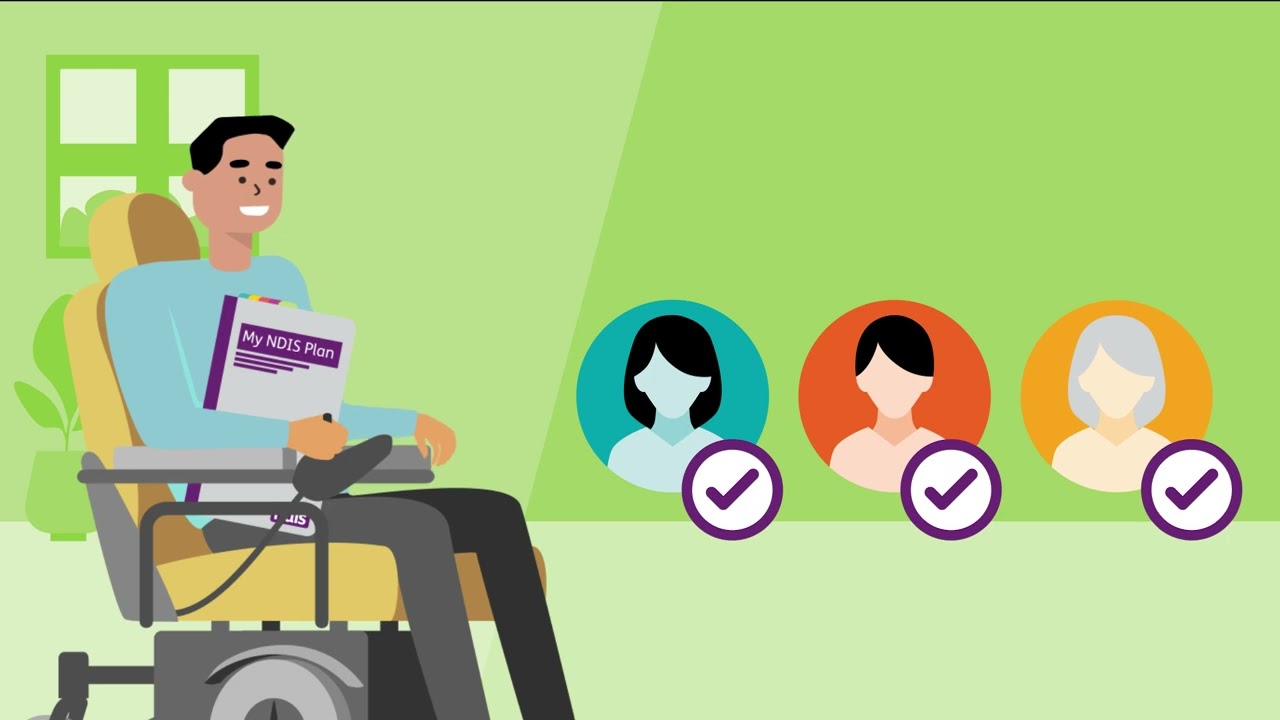Understanding the Responsibilities of an NDIS Provider
Navigating the intricacies of the National Disability Insurance Scheme (NDIS) requires a comprehensive understanding of the roles and responsibilities of NDIS providers. As key players in the support system for individuals with disabilities, these providers play a crucial role in ensuring that participants receive the necessary services and assistance. This article delves into the responsibilities of an NDIS provider, shedding light on the various aspects that define their role in this vital support network.
The Core Functions of NDIS Providers
NDIS providers are entrusted with several core functions that revolve around delivering high-quality support services to participants. These functions can be broadly categorized into assessment, planning, and service delivery.

Assessment
The first and foremost responsibility of an NDIS provider is to conduct thorough assessments of participants. This involves understanding the unique needs, goals, and challenges of individuals with disabilities. Assessments are comprehensive, covering physical, cognitive, and emotional aspects to create a holistic profile that informs subsequent planning.
Effective assessment lays the foundation for personalized support plans tailored to the specific requirements of each participant. NDIS providers must ensure that these assessments are conducted ethically, respecting the dignity and autonomy of individuals with disabilities.
Planning
Once the assessment is complete, NDIS providers move on to the planning stage. This involves collaborating with participants, their families, and other relevant stakeholders to develop individualized support plans. These plans outline the specific services and supports required to help participants achieve their goals and enhance their overall well-being.
During the planning process, NDIS providers must consider the preferences and choices of participants, fostering a person-centered approach. Transparency and effective communication are key elements of successful planning, ensuring that participants are well-informed and actively involved in decision-making.
Service Delivery
The heart of an NDIS provider’s responsibilities lies in the delivery of services outlined in the participant’s support plan. This encompasses a wide range of support services, including but not limited to personal care, therapy, and community participation programs. NDIS providers must adhere to the highest standards of service delivery, promoting the independence and inclusion of participants.
Maintaining open lines of communication with participants and their support networks is crucial during service delivery. Regular check-ins and assessments help providers gauge the effectiveness of the services and make any necessary adjustments to better meet the evolving needs of participants.
Compliance and Ethical Considerations
In addition to the core functions, NDIS providers must adhere to strict compliance standards and ethical considerations. Compliance ensures that providers operate within the guidelines set by the NDIS, promoting accountability and transparency in their practices.
NDIS Code of Conduct
Providers are obligated to adhere to the NDIS Code of Conduct, which outlines the expected behavior and ethical standards for all individuals working within the NDIS framework. This includes respecting the rights and dignity of participants, maintaining confidentiality, and acting in the best interests of those they support.

Quality and Safeguarding Standards
Quality and safeguarding standards are paramount in the provision of NDIS services. Providers must establish and maintain systems to identify and manage risks, ensuring the safety and well-being of participants. Regular audits and evaluations help uphold these standards, fostering a culture of continuous improvement within the organization.
Building Collaborative Partnerships
Successful NDIS service provision goes beyond individual efforts. NDIS providers must actively engage with participants, their families, and other stakeholders to build collaborative partnerships. This involves effective communication, active listening, and a commitment to working together to achieve the best possible outcomes for individuals with disabilities.
Participant Empowerment
Empowering participants to actively engage in decision-making processes is a fundamental aspect of the provider’s role. This involves providing information in accessible formats, encouraging self-advocacy, and fostering a sense of control and autonomy for individuals with disabilities.
Community Engagement
NDIS providers are also responsible for fostering community engagement and inclusion. This includes collaborating with local communities to create supportive environments that embrace diversity and promote the active participation of individuals with disabilities.
Conclusion
In conclusion, the responsibilities of an NDIS provider extend beyond the delivery of support services. From thorough assessments and personalized planning to ethical conduct and community engagement, providers play a multifaceted role in enhancing the lives of individuals with disabilities. By understanding and fulfilling these responsibilities, NDIS providers contribute significantly to the success of the NDIS framework and the well-being of the participants they serve.




